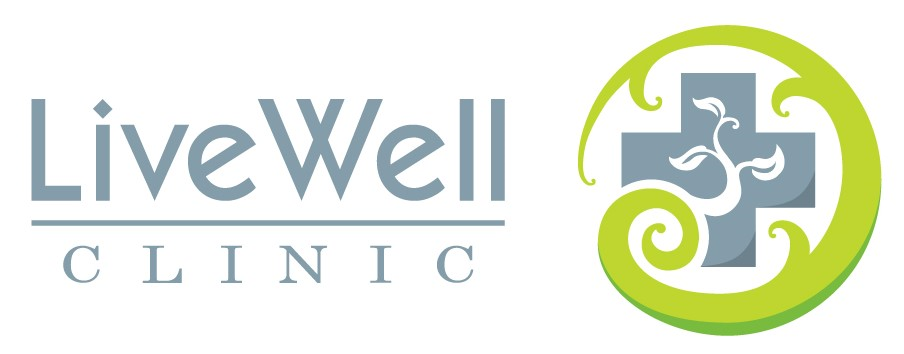Let your food be your medicine- 5 Herbs for Your Medicine Cabinet
As it is September, we are now in the full swing of the cold and flu season. I would also like to point out that we are also entering into some of the best months of the valley….perfect for growing your own medicine cabinet. Yes, I did say “grow”. Some of the most potent cold busting remedies can be as close as your back yard or window sill. And you can tap into this immune boosting powerhouse every single day.
"Let your food be your medicine, and your medicine, food" said Hippocrates, the Father of Medicine, who compiled a list of over four hundred herbs and their uses. Herbs, spices and other nutritional substances are the oldest form of medicine known to man and here are some basic ways of incorporating the power of food onto your dinner plate.
Helpful Herbs
There are so many different types of herbs and spices that it makes it hard to choose just a few to write about, but here are 5 very common herbs that can spice up your dish AND keep your immune system running efficiently.
Basil- One of the easiest herbs to incorporate into your food, it has been used traditionally as a digestive aid for stomach cramps and gas. One of the primary medicinal uses of basil comes from BCP, or (E)-beta-caryophyllene, a natural anti-inflammatory compound. Eating basil as a culinary herb or supplement can also give the body an ability to combat viral infections, including colds, flu, and herpes-family viruses– much like its distant cousin, echinacea.
Thyme- Thymol, the compound in thyme, is a powerful antiseptic for both internal and external use. It can be used as an ointment on gauze to keep wounds clean and keep from infection. Internally, it can be used to treat coughs and helps with stomach cramps.
Rosemary- It is a hardy plant that can grow in any condition and is like a weed in the desert. Fresh rosemary sprigs can be crushed and added into any marinade or added into soups, baked goods, roasts, etc. The smell of rosemary is very distinctive and has been said to stimulate memory and may be useful in restoring memory loss. Historically, both William Shakespeare and the 17th century herbalist, John Gerard, mentioned the use of Rosemary as an aid for memory. Rosemary tea can be used as a gargle for sore throat and mouth infections as well as bronchitis and sinusitis.
Mint- Mint and mint oil are found in much of cooking throughout the world. From candy and deserts to sauces, chutneys, and spreads, every person knows the taste of mint. Medicinally, mint has been used as an oil or tea to calm indigestion, stomach cramps, and relieve nausea and vomiting. Sipping on mint tea can be a pleasant way of bringing down a fever, especially in children.
Oregano- Oregano is taken internally for the treatment of colds, influenza, mild fevers, indigestion, stomach upsets and painful menstruation. It is strongly sedative and should not be taken in large doses, though mild teas have a soothing effect and aid restful sleep. Used topically, oregano is one of the best herbal antiseptics because of its high thymol content. The oil is highly anti-fungal and can be used topically on nail fungus.
These are only a few examples of common herbs that can be incorporated into your next meal. Who knew that a simple herb can have so many added benefits. If you want to get wild, there are so many other herbs to consider such as chamomile, sage, peppers, lemon balm, garlic, ginger, tumeric and whatever your heart desires!
Herbs can make a great companion at the dinner table or in your medicine cabinet, however, as herbs are safe to incorporate into any dish, they potent healing agents. Some herbs should not be taken during pregnancy or if you have uncontrolled high blood pressure. If there is any question about the proper dosing of specific herbs, consult your local health professional, such as a naturopathic doctor or holistic pharmacist.
Dr. Sonja Fung is a Naturopathic Doctor at Live Well Clinic located at 78-900 Avenue 47, Ste 102 in La Quinta, CA. For more information you can visit Live Well Clinic’s website at www.livewellclinic.org or call at 760-771-5970.
